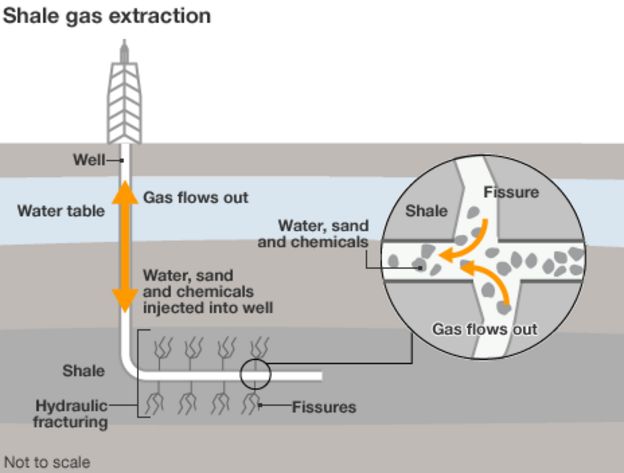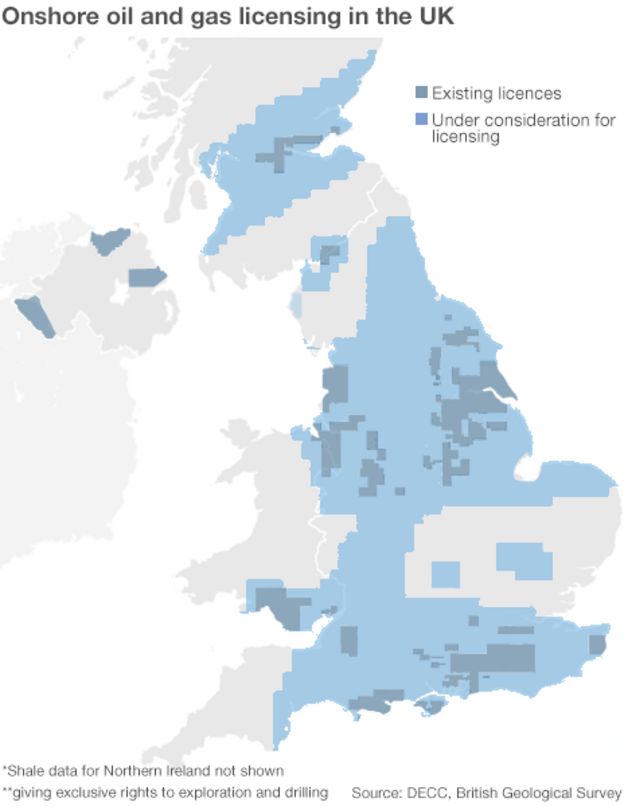Brazil may have one of the world’s most successful football teams, but this year’s World Cup host is also leading the way in another area – the fight against world hunger. Although the country's progess here has fewer spectators, its achievements deserve the world's attention.
Just
ten years ago, Brazil was one of many countries fighting extreme
poverty. Now, its success in rising from the hunger trap is being raised as an example to other nations.
Brazil has the oldest and most successful school feeding programme, providing daily nutrition to over 43 million children across the country.Free school meals
But this wasn’t always the case. In 1963, the World Food Programme collaborated with the Brazilian government to support free meals in schools in the northeast of the country where many children lived in poverty.“With 576,000 children receiving the meals each year, school meals provided an incentive to attend school” said Daniel Balaban, director of Brazil’s Centre of Excellence against Hunger. “This meant that kids could concentrate in lessons, while providing the nutrition they needed to lead healthy lives.”
In partnership with the Brazilian government, WFP provided free school meals for 12 years, until the government was able to take over the programme. The Brazilian National School Feeding programme is now a staple part of Brazil’s food security contributing to the fact that hunger has decreased from 22.8 million people in 1992 to 13.6 million in 2012.
A team effort
In addition child malnutrition rates have decreased by 73 per cent and child deaths by 45 percent – this as a direct result of school meals, support for small farmers, community kitchens and food banks.“WFP was able to provide technical assistance but the key success was the ability of the Brazilian government to really implement this programme and take over full responsibility of the school feeding,” said Daniel.
Intent on sharing their success story, the Brazilian government and WFP have taken things a step further by opening the Centre of Excellence – a training centre which provides direct support to governments from other countries in the areas of school feeding, nutrition and food security.
“It is crucial that we share what we have learnt in order to replicate this success around the world” concluded Daniel. “After all – just like a football match - ending hunger is a team effort.”
24 June 2014 SOURCE: http://www.wfp.org/stories/brazil-champions-fight-against-hunger


